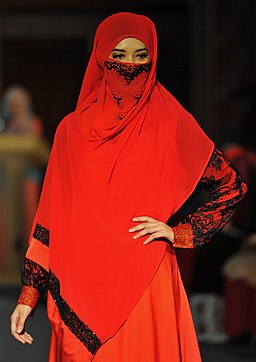As many of you know, I live in New Zealand, which is one of the countries doing pretty well pandemic-wise. But we are nonetheless encouraged to have masks on hand (actually, on face) when at close quarters with strangers at Level 2 or above, just as we are encouraged to have emergency supplies stashed about the place in case a big earthquake takes out all our infrastructure.
Now, there are, it turns out, some people who get huffy when asked to wear a mask. I am not one of them. I am always happy to don a mask and slip anonymously through the streets of the city. (Or at least, what would be anonymously if there was anyone else round here who dressed like me.) I mean, come on! This is your chance to let your inner superhero out for an airing at last, without people casting doubt on your adulthood. Masks are awesome.
Continue & Comment
